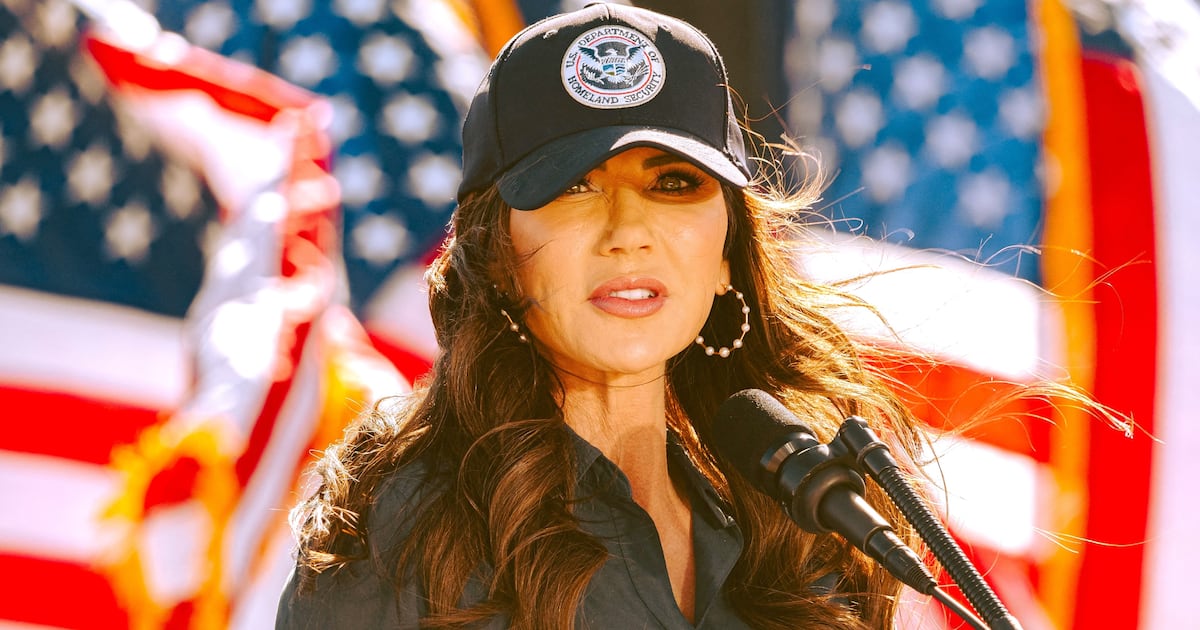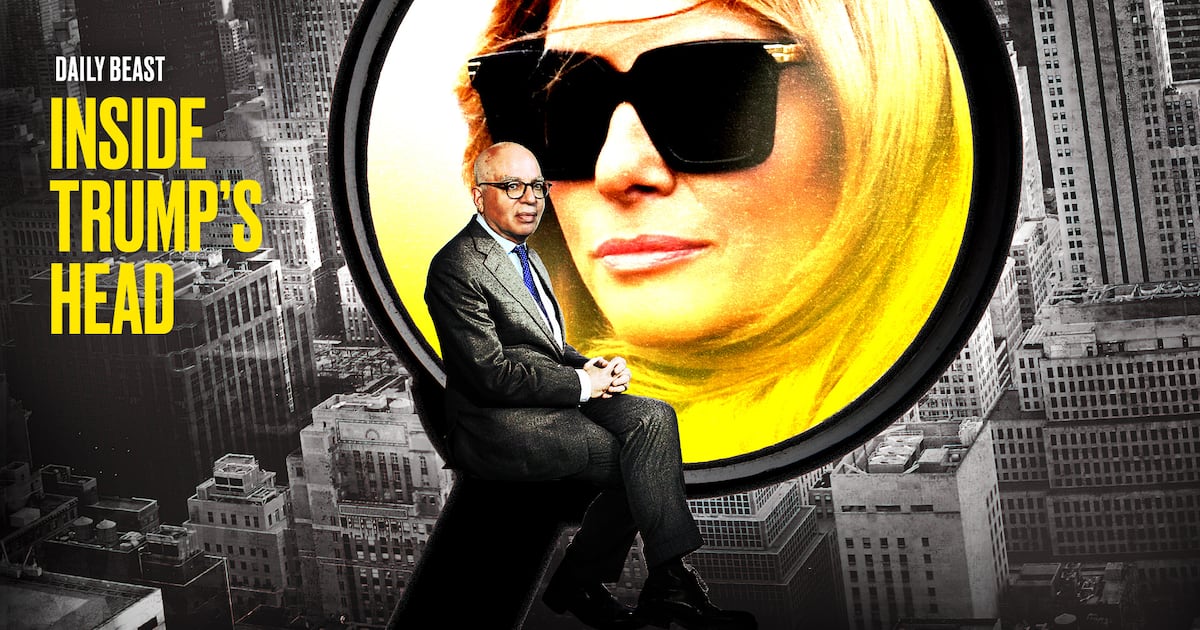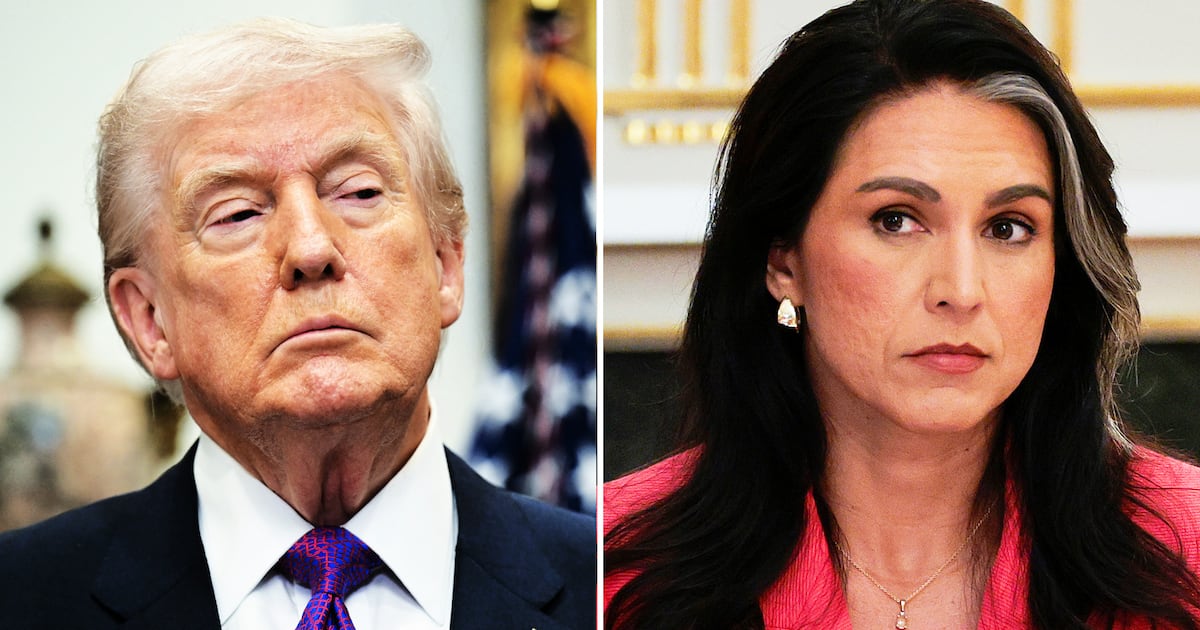GARLAND, Texas—“Get inside the conference room now!” a man in camouflage yelled at me. Pamela Geller, president of the American Freedom Defense Initiative, had just wrapped up her Draw Muhammad cartoon contest at the Curtis Culwell Center with a short speech, and I had just stepped outside the room. Several others in the hallway rushed with me to the door and, back in the conference room, the doors were immediately closed.
The room was oddly quiet. A hush fell over the crowd of about 150, as if we were listening for something outside. Then a camo-clad security guard with a rifle got up on stage and announced that a cop and two suspects had been shot; Garland police spokesman Joe Harn told us we would be moving into a more secure room in the building. We filed through concrete block hallways into the central auditorium, where a “Congratulations to the Class of 2015” banner hung on the wall. Sitting in the stands, it was oddly quiet still. People talked in whispers. Now and then, a laugh would echo through the otherwise empty hall. Thirty minutes later, the lights went off, all but two near the door, and for the first time, I felt a tightness in my chest, a weakness in my legs. I was standing near a stage: I glanced under it, wondering for a few seconds if it would be safe if something happened, and how far underneath it I could get if shots were fired. But security was calm. We looked at each other with raised eyebrows, shaking our heads in the near darkness. A man nearby held his wife in front of him, clasping her arms, looking into her eyes as he talked to her quietly.
Geller had organized the contest in response to a Stand With the Prophet conference in January and had called for submissions of Prophet Muhammad cartoons. Sunday’s event in Garland was planned to recognize the winner among what Geller described as more than 350 entries. A prize of $12,500 went to the winner, Albanian-American cartoonist Bosch Fawstin.
Even driving up to the Curtis Culwell Center before the event, the mammoth parking lot was completely marked off with yellow tape, and police vehicles were stationed at every entrance. My ID was checked twice before I was asked to park with the media, reportedly some distance away from where police later were investigating a possible explosive device. To enter the building, I walked through a metal detector, and there was applause—apparently I was the first attendee not to set off the alarm. The attendees looked like they would have fit in at any Tea Party gathering: cowboy hats, T-shirts emblazoned with eagles and “Don’t Tread on Me.” There were almost as many women as men, most 40 and up; a black man with dreadlocks in a Texas Rangers jersey; a white man in his mid-50s in a floppy beige fishing hat. Alexander, who wouldn’t give his last name, was wearing a cowboy hat and a tight T-shirt that read “#defendfreedom,” an American flag in his left hand, and said he was born in India to Christian parents and also had lived in Kuwait. Two other men were in conversation, with one saying he had read the Quran through twice and praising the website CitizenWarrior.com as a great resource.
When Geller stepped up to the podium, the room fell silent. Closing my eyes for a moment, I recognized the rhythm immediately: the singsong cadence of a preacher, New York accent notwithstanding. I had expected the often shrill persona I had heard online, but this Geller was mesmerizing: gentle, encouraging, motherly even. Now and then “amens” echoed through the room, often after references to the Bible. Geller was quick: Eight to 10 minutes and she was done, introducing the controversial Dutch politician Geert Wilders, who, flanked by several security guards, didn’t enter the room until Geller called his name.
Wilders spoke for 15 minutes, didactic, explaining why, he said, Islam was an ideology not a religion. The crowd gave him several standing ovations, not because his speech was rousing but because of what his presence represented: how long he has been fighting Islam, how much security he needs, how two U.S. Muslim congressmen tried to keep him out of the country.
It was left to Geller and Freedom Defense Initiative co-founder Robert Spencer to announce the contest winner, Bosch Fawstin, who was raised Muslim but now says he worships at the church of Ayn Rand. The platinum-blond Fawstin talked about growing up Muslim and his realization it wasn’t for him. He talked about the new comic he’s working on—a superhero dressed in pigskin, practicing “pigotry.” Muslim mistreatment of gays, he said, is another reason he draws Muhammad. “You tell me I cannot draw Muhammad,” he said. “I will draw Muhammad!”
Sometime during or after Geller’s short closing speech, two gunmen opened fire on a security guard outside the center, wounding him before they were killed by police. He was later treated at a hospital and released. Inside the auditorium, we were finally told that police would be putting us on buses to travel to a safer location. They were too concerned about the parking lot and the possible explosive device, they said, to allow us to get back to our cars. Forty-eight at a time, we shuffled onto buses, and there we were still waiting as I wrote this report, several miles away. We would not be seeing our cars, police said, until at least Monday.






